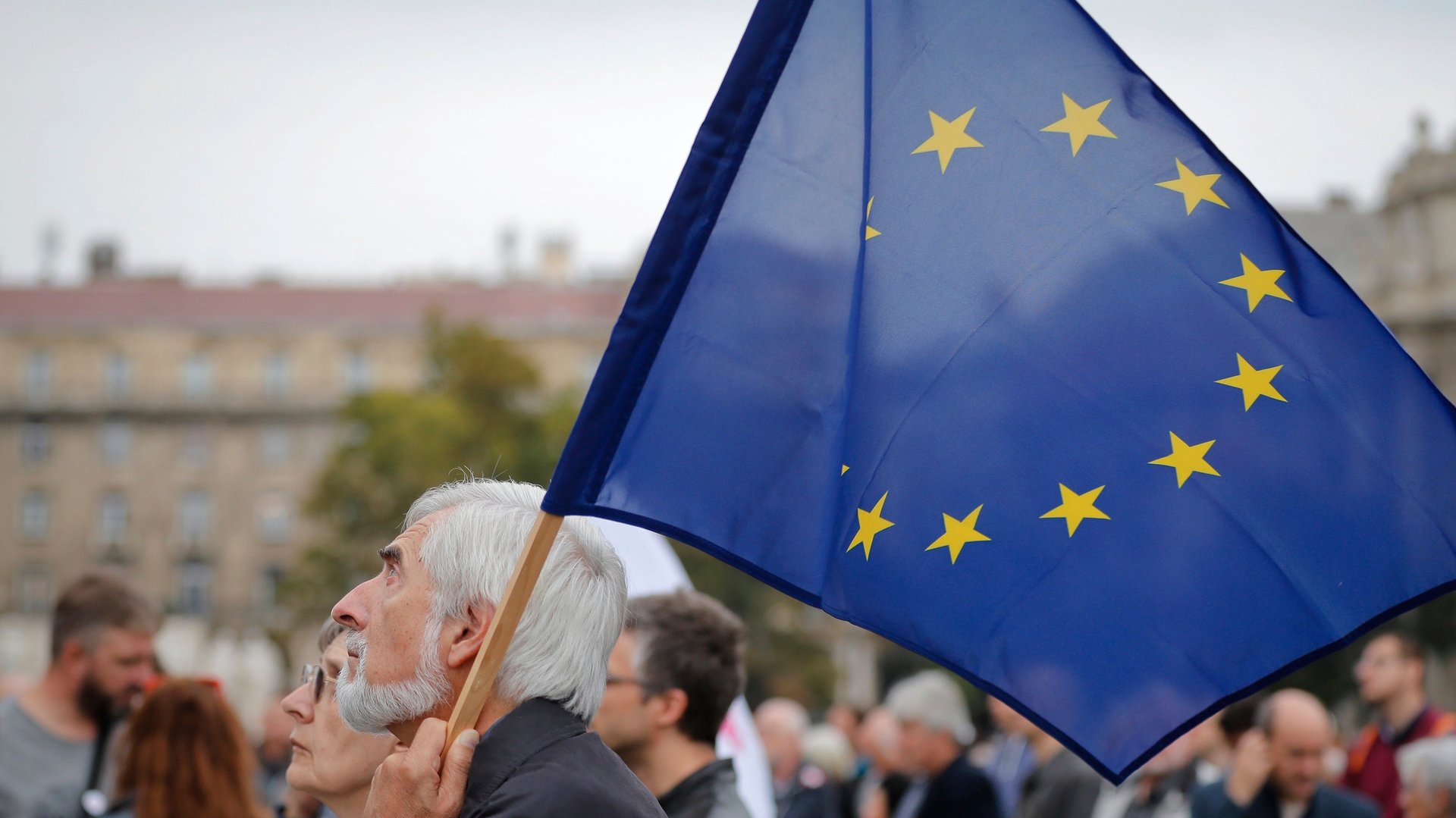If Trump pulls out of the Paris Agreement, Europe could institute a “carbon tax” on US imports
Following the upset election of Donald Trump to the US presidency last week, members of the international community have raised concerns over the country’s role in combatting climate change.


Following the upset election of Donald Trump to the US presidency last week, members of the international community have raised concerns over the country’s role in combatting climate change.
On the campaign trail, Trump promised to remove the US from the landmark Paris Agreement, which went into force on Nov. 4, 2016. The president-elect reportedly still plans on a swift withdrawal once he settles into office after Jan. 20 (Inauguration Day in the US).
“It was reckless for the Paris agreement to enter into force before the election,” a source within Trump’s transition team for international energy and climate policy told Reuters.
Former French president Nicolas Sarkozy has reacted by calling for economic repercussions, should Trump make good on his promise. “I will demand that Europe put in place a carbon tax at its border, a tax of 1-3%, for all products coming from the United States, if the United States doesn’t apply environmental rules that we are imposing on our companies,” he said, according to Radio France Internationale.
This would be a substantial hit to exporters across the Atlantic—the US is Europe’s number-one trade partner.
Sarkozy’s remarks matter a bit more than most former heads of state—he is considered a frontrunner for the nomination of the center-right Les Républicains party in the upcoming French presidential elections. If he wins, he will be Trump’s French counterpart, and a powerful influencer within the European Union.
In addition to possible economic sanctions, pulling out of the Paris Agreement would be a massive blow to the US’s international standing.
“There would be diplomatic consequences,” Todd Stern, a former US Special Envoy for Climate Change appointed by president Barack Obama, said back in February. Stern was also a key White House negotiator for the Kyoto Protocol signed under president Bill Clinton, though president George W. Bush would eventually withdraw US membership.
Stern says withdrawal from the Kyoto Protocol was “diplomatically challenging,” but withdrawal from Paris could be much worse. “There was a lot of blowback that the US got generally diplomatically across the range of diplomatic concerns and I have no doubt that it would be very significant if the US were to do that with regard to Paris, probably much, much more significant than what happened before.”